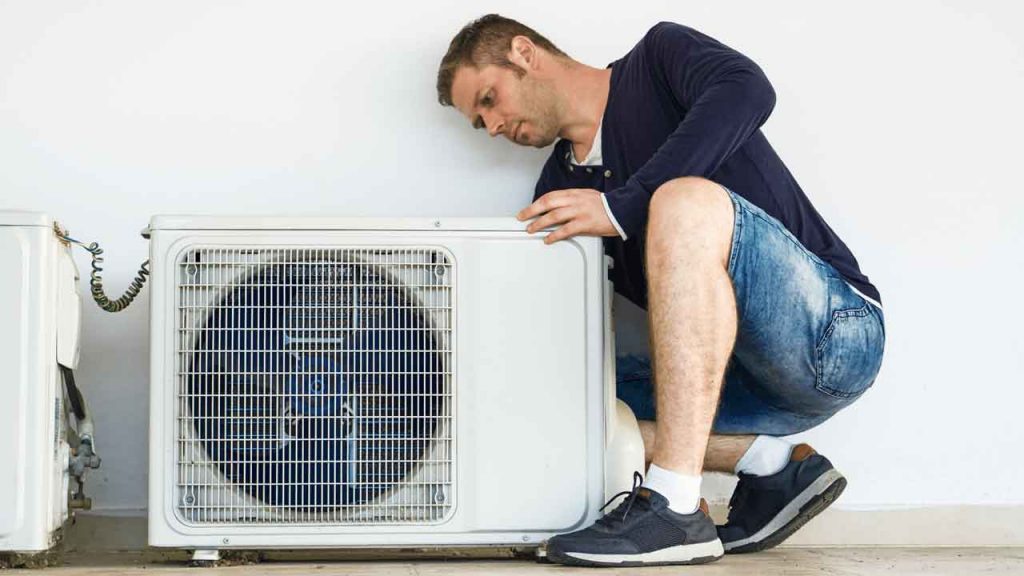5 Tips for Checking an HVAC System When Buying a New Home
5 Tips for Checking an HVAC System When Buying a New Home
Purchasing a new house is a thrilling experience for everyone. There is a great deal that goes into making a decision. You want to live in a safe with decent schools, convenient services, and all of the features you want in a home. The HVAC Cleveland oh system, on the other hand, is an easily neglected aspect. Here are some pointers for inspecting a home's HVAC system before making an offer on it:
-
Make a simple cost-benefit analysis.
After purchasing a new home, the last thing you want to do is invest in a new HVAC system. It's one thing if you've laid aside money for this eventuality, but most homeowners can't afford to put down a down payment then quickly improve critical features. The purchase and installation of central air conditioners and furnaces can cost thousands of dollars. When you budget all of your money to afford the mortgage, it might feel like a difficult financial hardship.
However, there are several exceptions to the norm. You might be able to find fantastic prices on older properties that you can't pass up. Even if you need to replace the HVAC system in an older home, if the purchase price is correct, you may be able to save money. Check the home's value against the costs of updating the HVAC system to see if buying it is a good investment.
-
Examine the HVAC System
When touring a potential property, make sure to check out the HVAC system. Any unusual sounds, such as clanging or hissing, could signal a problem. You should also inspect the HVAC equipment for water stains, cracks, rust, dents, and other issues.
If at all possible, inquire about the homeowners' HVAC maintenance records. If they've kept up with their annual maintenance visits, they should have no trouble producing the paperwork.
HVAC systems that are more than ten or fifteen years old are in need of replacement. Negotiate a discount on the home's selling price if the home you're contemplating has an outdated system. That way, you'll have more flexibility when it comes to scheduling a new HVAC installation once you move in.
-
Examine the ductwork
Aside from the HVAC unit, you'll want to check the ducting throughout the house to ensure it's in good working order. Along with the ductwork, look for any holes, loose connections, or evidence of dampness. If they appear to be excessively dusty, this indicates that the homeowner has failed to keep up their half of the maintenance agreement. This could indicate that you'll need to upgrade your HVAC system after you move in.
You're in luck if the homeowner has invested in indoor air quality add-ons like a whole-house dehumidifier or an air purifier. However, if the indoor air quality is poor, you'll need to spend money on duct cleaning and HVAC upgrades after you buy the house to improve ventilation.
-
Inquire about insulation.
Another factor to consider is the insulation of the house. Inquire with the homeowner about the type of insulation in the house and when it was installed. Insulation settles over time, and if new insulation isn't installed, the home might develop leaks and draughts. It's more difficult to heat and cool the house equally when the rooms are draughty. As a result, the HVAC system may have to work harder, resulting in higher energy expenses.
-
Think about the refrigerant that's being used.
R-22, a refrigerant that has been banned by the Environmental Protection Agency, may be used in older HVAC systems (EPA). If your home's system still uses R-22, you can still utilize it, although you may have trouble locating a reliable supply. That's because, by 2020, it will be unlawful to create R-22. To use a safer form of refrigerant, you'll need to replace or modify your HVAC system.
Cleveland HVAC Contractors
Cleveland, OH
(419) 495 9990

